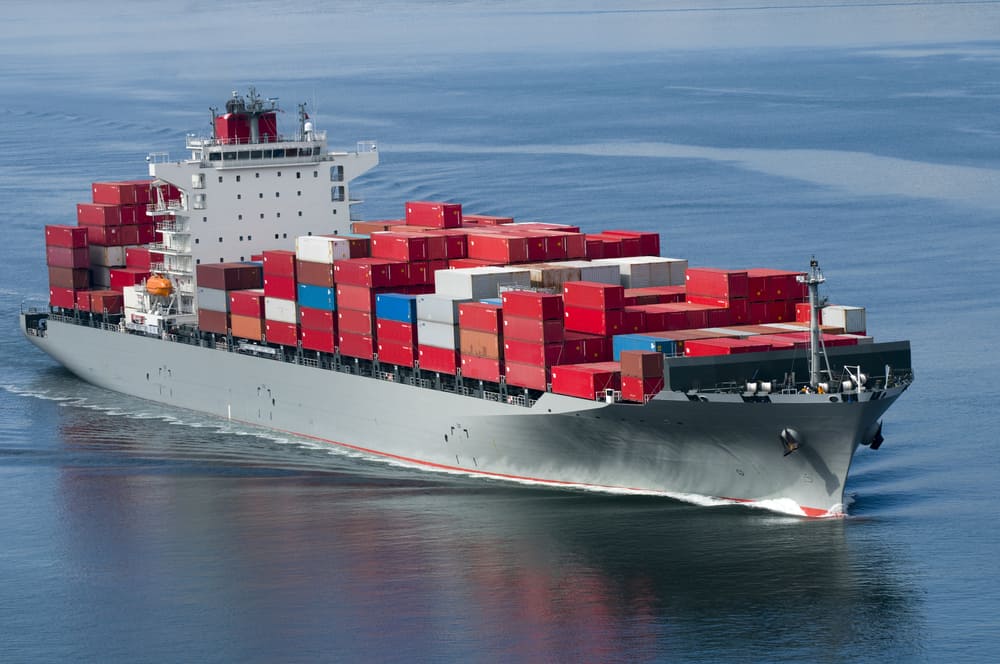Incoterms guide international commercial law – and help make shipments more smooth on the global market. But, too often, mistakes occur that can delay shipments and cause unnecessary financial losses. Here are some common Incoterms mistakes to avoid.
1. Not specifying the location.
Many people are not aware that Incoterms rules allow locations to be specified. In fact, failure to specify a full address may be cause bigger problems than you think and cost you as much as $300 to file a COD (change of destination) request.
Always confirm with your shipper the destination that cargo needs to be shipped to. Carriers, especially, are very sensitive in their door moves. Even just claiming the wrong ZIP/postal code will force you to file a COD request, which again will costs you hundreds of dollars.
To avoid any confusion or uncertainties, we recommended you provide an exact location and the correct ZIP/postal code.
2. Using EXW without considering the implications in export procedures.
Under EXW, the seller has minimal responsibilities, which basically ends with the proper packaging and loading of the merchandise.
From there, the buyer assumes responsibility, including the export procedure from the origin country and any required communication with export authorities. This may not be as straightforward for the buyer, especially if they are not familiar with the export procedure of the origin country.
It is always in your favor to use NVOOCs in these cases. Freight forwarders are familiar with all these processes and will make sure your cargo loads on board without any issues.
3. Committing to DDP or DAP without checking if the import responsibilities can be handled in the buyer’s country.
Under DDP and DAP, the shipper is responsible for paying all arrival expenditures at destination. Under DDP, this includes paying local taxes and duties, as well as the handling of customs clearance at destination. Note that unlike DDP, DAP does not require customs clearance fees to be prepaid.
In most countries, it is generally more efficient to have buyers handle local duties and taxes and the customs clearance process. However, under DDP, the buyer is not legally obliged to do so and failure to do so means responsibility will fall back onto the seller.
Buyers need to make sure that their suppliers are registered as a foreign importer in the destination country and can carry out their taxes and duties responsibilities.
4. Using CIP or CIF without checking whether insurance coverage is enough and matches the requirements of the commercial contract.
The seller is obliged to provide insurance coverage for merchandise under the CIP and CIF Incoterms. According to Incoterms rules, only minimum coverage (110% of the contract value) is required.
However, this may be insufficient and unsatisfying for merchandise being shipped depending on the conditions of the sales contract. In the event the commercial contract requires more coverage, this amount will need to be met.
- 132shares
- 122Facebook




